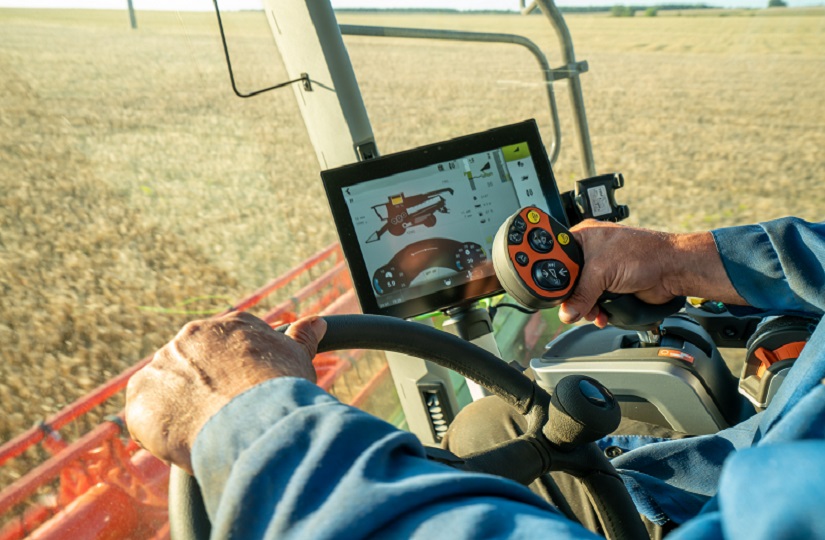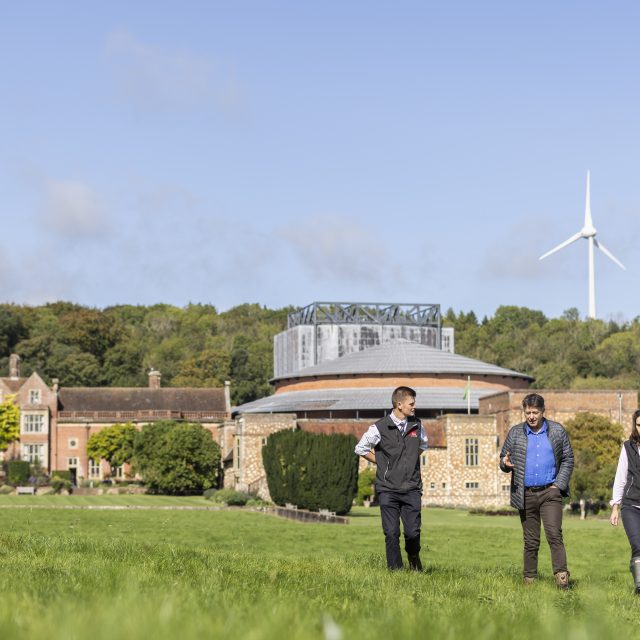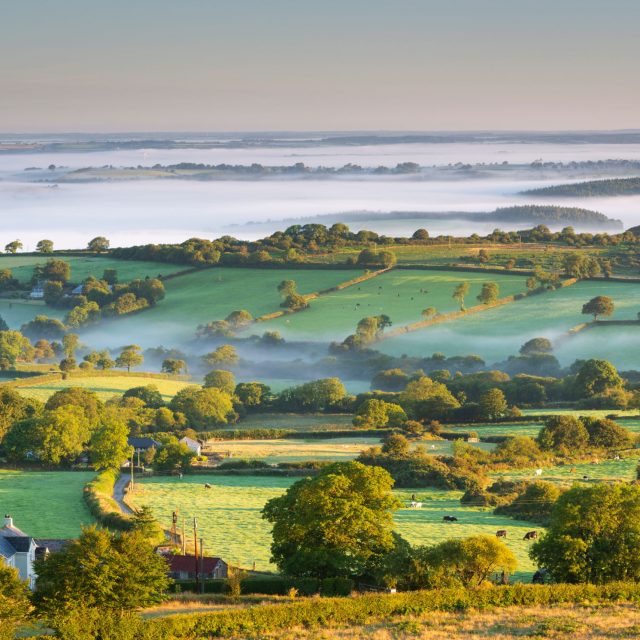English Farming Update – Summer 2021
Welcome to this quarter’s Farming Update produced by our Farming Research Group and reports on market and administrative issues that affect farmers’ to act.
OVERALL GLOBAL AND UK HARVEST UPDATE
ARABLE CROPS
Global and UK Grain Market
World market supply and demand is driving domestic markets, with weather and production concerns in western Europe, northern America, south America and the Baltics, on various crops, all having impacts on domestic markets. Demand remains strong, stocks remain tight, creating the likelihood of large market moves depending on good or bad news being produced. UK prices are showing signs of cooling slightly in early September following news of a large Australian wheat crop and harvest pressure. Overall prices appear to be relatively well supported for the time being.
Wheat
Harvest yields have been extremely variable this year even within regions. Late frosts through April, a very wet May and lack of sunshine through to harvest meant that some crops were very poor this year. However that is not the case for all and plenty of growers have seen yields at or above their long term average. Quality has also been variable, with rain at harvest once again causing problems for later-cut milling wheat.
The recently increased wheat price of roughly £30/Tonne when combined with an average yield of 9.5 Tonnes per hectare, equates to more than the whole BPS rate. It should be noted therefore that although some farmers’ profit margins will look healthier this year, they should not forget about the volatility of the commodity markets, and should not put off decision making about the loss of BPS in the coming years.
Barley
Winter barley yields have generally been lower than average due to adverse spring conditions when the crop wished to push on. That said indications of high straw yields will be a considered bonus. Spring malting barley yields have been close to average and quality has been reasonable in most areas.
Break Crops
OSR – likely to have a renaissance with much better crops in field than past
years. Flea beetle damage last autumn was significantly lower than previous year, adverse wet winter conditions will have hampered some root structure, but yields have generally been as expected for many growers.
Beans – There are some excellent looking crops in places, good growth and pod fill conditions. However, evidence of fusarium foot rot in many fields highlighting soil compaction and health issues will have hampered some crops to the point of destruction, so there is likely to be varied results.
Sugar Beet – low indications of virus yellows compared to 2020, which caused up to 50% yield losses, and recent rains will help crop development.
LIVESTOCK MARKET UPDATE >>
Beef and Lamb
Lamb prices remain supported and are well above their 5-year average too at 548p/kg deadweight (Farmers weekly) after a peak in the spring of 648p/kg deadweight. The support for lamb prices appears to be driven by low slaughterings in the UK this year, it appears shepherds are holding onto more ewe lambs to re-build flocks after the pre-Brexit rush to reduce flock size.
UK prime cattle deadweight average price is well above the 5-year average at 409/kg in late August (AHDB). These high prices appear to be supported by a long term decline in the numbers of beef cattle in the UK, while the global supply is being absorbed by growing demand for beef worldwide. In the short to medium term prices look to continue to be well supported and AHDB reports of increased demand for beef from supermarkets in recent weeks.
Dairy
UK Production of Milk hit an early peak this spring and has dropped a long way since there. Dry conditions in mid-July is likely to hit production further before the autumn block calving cows come back online. The UK average milk price for May 2021 was up to approx. 30.02ppl (AHDB).
Pigs
News that China’s pig herd is recovering after the swine flu epidemic will put long term pressure on the pork market. In the short term pig prices have recovered since the winter up to 158p/kg deadweight this July (AHDB).
FERTILISER & FUEL
DECC data reports red diesel has continued to rise in line with wider fuel prices to 67.3ppl for August 2021, while diesel at the pump was at an average of 137ppl.
FARM BUSINESS POLICY & REGULATION NEWS
More farmers diversifying, according to NFU survey
The NFU’s regular survey found more farmers starting new enterprises. 37% of farmers surveyed were operating non-farming activities, which is significantly up on previous years’ findings. Renewable energy was the most popular nonfarming enterprise, followed by non-holiday property letting. Holiday accommodation was in third place, followed by livery / equestrian, farm shops and caravan / camping sites. 11% of farmers yet to diversify say they now plan to do so in the next five years. Please contact Strutt and Parker’s Edward Mansel Lewis for professional, experienced advice on identifying and developing diversification opportunities that are appropriate to your land, location and personal interests.
Pollinators and crop pollination survey
The Game and Wildlife Conservation Trust, NIAB and The University of Kent are partners in an EUfunded project on developing bespoke wildflower mixes to deliver pollination and natural pest control services. An aim is to produce guides and training for farmers on management of pollinators and measurement of pollination. The team is conducting a survey to understand which interventions are attractive and which are not. The survey takes five minutes and is thought provoking.
UK agrees trade deal with Australia
The agreement eliminates tariffs on all UK exports to Australia and the government says it will boost jobs and businesses. It has also said that British farmers will be protected by a cap on tariff-free imports, using tariff rate quotas and other safeguards. Beef tariffs on imports to the UK will be eliminated after 10 years. Sheep meat tariffs will also be eliminated after 10 years, and dairy tariffs will be eliminated over 5 years
Agricultural Transition Plan – the government’s June 2021 progress update
The government published an update on the Agricultural Transition Plan and a second one on the principles it will apply to payments under environmental land management schemes. Most of the news on the Agricultural Transition Plan relates to the Sustainable Farming Incentive (SFI), which can be considered the basic level of the new Environmental Land Management (ELM) schemes that will replace the current generation of agri-environment schemes. It was confirmed that the pilot will start in October 2021 – but little additional detail on the pilot – and that some core elements of the full scheme will be available from spring 2022 to anyone who claims Basic Payments.
The four standards that will be available are:
- arable and horticultural soils standard
- improved grassland soils standard
- moorland and rough grazing standard
- annual Health and Welfare Review
Final versions of the initial set of standards will be published by November 2021.
National Food Strategy proposes significant changes
The Henry Dimbleby-led review, which has taken two years to produce, is a detailed, thought provoking and in some places radical vision for what the food and farming sector could be.
Some of the main points and recommendations are:
- For the food industry to become carbon neutral
- Fruit and vegetable consumption to increase by 30%.
- Meat intake should be cut by a third, so we eat healthier diets but also to ensure that farming can become carbon neutral.
- Free school meals available to more children, nutrition and cooking taught in schools and healthy start vouchers for families to buy vitamins, fruit and vegetables.
- Taxes on salt and sugar should be introduced to reduce obesity and national death rates
- Up to a fifth of farmland should be turned over to woods and wildlife, with areas prioritised for specific objectives – such as areas chiefly for food production, another for nature and carbon sequestration, and another for low-intensity, nature-friendly farming.
- Clear environmental standards should be included in the government’s plans for post- Brexit trade deals
Predictably, the plan has not been welcomed by all. The NFU supported the emphasis on eating natural, whole foods but urged a clear distinction between grass-fed British meat and cheap imports.
Click to read Farming Update July 2021





